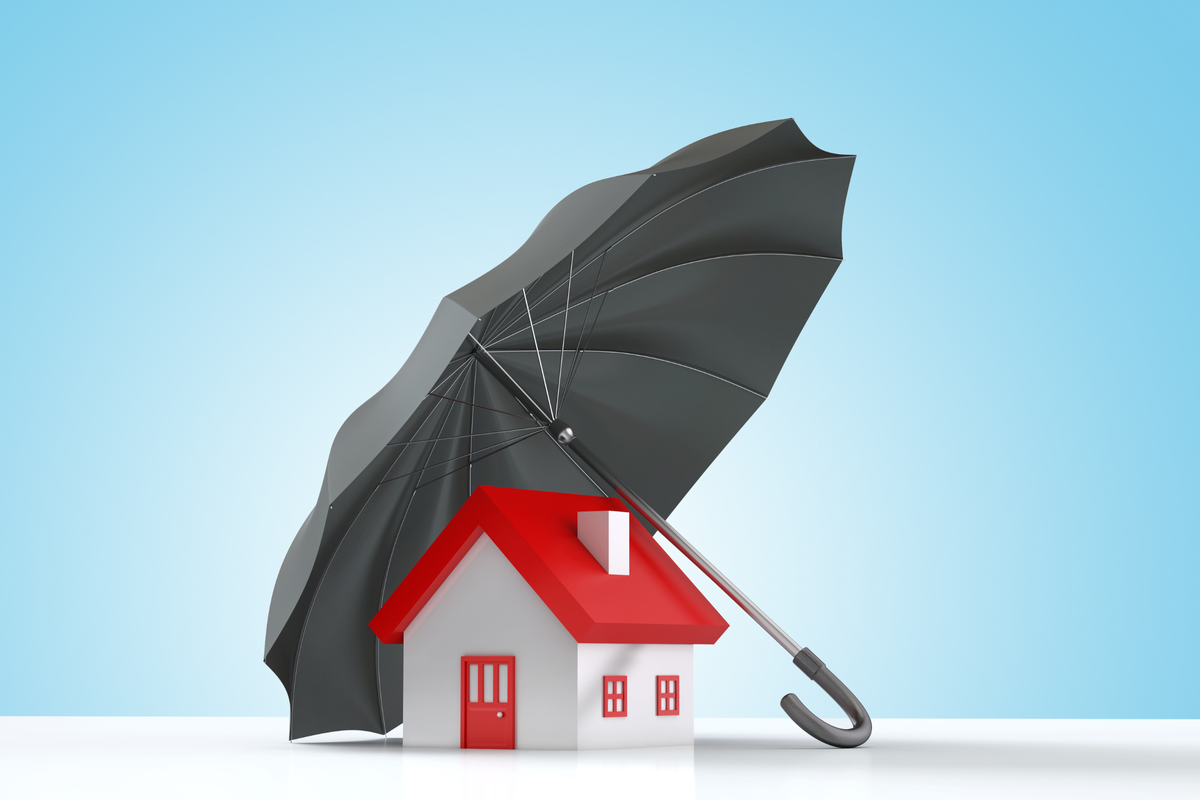Former Arrowhead Christian star Bingaman selected by Arizona Diamondbacks
Former Arrowhead Christian Academy baseball player Ethin Bingaman was selected on Monday on the second day of the Major League
Experts are concerned that the state might face ‘an uninsurable future’ as a result of climate change.

REDLANDS, Calif. — State Farm General Insurance Company, California’s largest homeowner’s insurance provider, will non-renew about 30,000 property insurance and 42,000 commercial apartment policies in the state, the company announced in March.
A recent state filing by State Farm shows the zip codes where the non-renewals will be focused.
Why it matters: Some Redlands residents living in the zip code area 92373 will be impacted by this change. Of the 1,364 State Farm homeowner and residential property policies based in this zip code, 22 will not be renewed.
Some communities in the San Bernardino Mountains face a steeper impact. In the Lake Arrowhead zip code of 92352, 31.6% of State Farm homeowners will not be able to renew.
The most impacted areas are Orinda in the Bay Area, which tops the list with more than 50% of policyholders impacted, followed by multiple Los Angeles neighborhoods.
Details: State Farm will non-renew around 30,000 policies, including homeowner and rental dwellings, along with other property insurance types such as business owners and residential community associations. An additional 42,000 policies will be impacted as State Farm will also exit the commercial apartment policy sector. These changes are slated to begin on July 3 and Aug. 20, 2024.
Together, these policies represent just over 2% of State Farm's policy count in California.
The decision resulted from an exhaustive review of the company’s financial stability, which has been impacted by inflation, natural disasters, surging reinsurance costs and red tape around rate increases. In a statement State Farm said the decision was made to "ensure long-term sustainability in California."
This move is the latest in a string of actions taken by insurance providers to protect themselves amid the threat of natural disasters. Last year, State Farm and Allstate stopped issuing new homeowners policies in the state. Other insurance companies, such as Farmers and USAA, announced that they will be limiting business in the Golden State.
Affected homeowners living in areas with a high-risk of catastrophes, such as wildfires, will have no choice but to buy into the California Fair Access to Insurance Requirements (FAIR) plan. This option is not only expensive, but is a limited, last-resort plan intended to only be used when traditional carriers are unavailable.
What they’re saying: “I think we’re marching towards an uninsurable future — not just in California, but across the country,” said former California Insurance Commissioner Dave Jones during his testimony at a March 28 public hearing hosted by the Little Hoover Commission, an independent watchdog agency, examining California’s homeowners insurance market. “The challenge for every state is that…we are not doing enough to move away from using fossil fuels. In 2023 alone, the U.S. had 28 weather and climate disaster events that exceeded $1 billion in losses.”
Jones served as commissioner from 2011 to 2019 and has continued to be a leading voice on insurance issues, especially as it relates to climate change.
Ricardo Lara, the current insurance commissioner, was invited to the hearing but declined to participate.

Sign up for our weekly newsletter